There has been nothing in recent memory like the build up to Nigeria’s first match at the on-going 2018 FIFA World Cup tournament in Russia. Football is Nigeria’s greatest unifier: when it is football, our compatriots drop all ethnic, religious and ideological differences and profess the missing faith and ideology of one Nigeria.
They have expressed similar solidarity over whose jollof is sweeter in the competition between Ghanaian jollof, Senegalese jollof and Nigerian jollof – the way Nigerians defend our national cuisine, you would think we are a nation of gourmets, but nothing compares to the magic of football and its connection with nationalism. When it comes to football, Nigeria is the home of passion, zeal and boundary-less excitement. This is intriguing so to speak in the same nation where politics is combustible and a comment about another person’s faith or religion, or ethnicity or a mere disagreement between a Hausa-Fulani and a Yoruba at Mile 12 market, or between a pastoralist and a farmer in the Middle Belt could result in bloodbath, even at a football-viewing centre. The only explanation we have for this is that Nigeria is a complex country, full of paradoxes, and clearly, only Nigerians understand their country.
Nonetheless, the disappointing performance of the Super Eagles in their first match at the on-going 2018 World Cup tournament has nothing to do with paradox or complexity, it was a display of sheer absent-mindedness. In the build-up to the 2018 FIFA World Cup, Nigeria was the darling of the entire world. The news was that we had the best set of jerseys and kits in the world. Despite the shoulder-rubbing aspiration of Egypt, Croatia and one other country like that, the Nigerian jerseys designed by Nike became the aso ebi of the World Cup – a nice combination of colour, mood, shade and tint. The jerseys sold out a few minutes after being made available on the Nike website. Before you knew it, everybody that is somebody or simply pro-Nigerian started wearing the jersey, across the world. If the World Cup were to be won by the beauty of the garment, Nigerians would have seized the trophy even before the tournament began.
There was even a quarrel over the attires: there must be like four different types, but the one eventually designed by a local tailor made as much wave as the Nike ones and one guy went on twitter to protest that there was a Nigerian conspiracy against the Warri guy who designed the local aso ebi. At that point, the ethnic element came in, but Nigerians didn’t dwell on that. They quickly recognized @gt_stitches and asked the Super Eagles to show the world what they have.
Beautiful Nollywood girls and professional local slay queens pushed their frontal and back-end assets in our faces proclaiming Up-Nigeria. Some even exposed nice, succulent, tempting flesh, to reassure the Super Eagles that the women of Nigeria were behind them. Some celebrities joined the craze, including a few pot-bellied, and white-hair-in-the-nose actors wearing the Super Eagles jersey. The international media spotted the story – BBC, CNN, Al-Jazeera etc and adopted the Super Eagles as the best-dressed team in the World Cup and we all went wa-ah–oh. They even interviewed Russians watching our Nigerian football fans, dancing round the streets of Russia, singing, jolloficating, and energetically pounding the streets. “The Nigerians just won’t stop singing and dancing”!
The excitement was so much that even the President of Brazil endorsed Nigeria as a key team at the World Cup. The Irish, not having a team at the World Cup, ignored England and said they were supporting Nigeria. It was clear to me, doing a structuralist and semiotic reading of this that Nigeria is a country in desperate need of good news. I didn’t attempt a Marxist reading- the Russians themselves having killed Karl Marx after his death. The World Cup is not about the struggle of the masses, or equity or justice. It is war, even if at the end of the day the gifted are separated from the waka-pass and a dictatorship of the former is established. Every qualifying team joins the war to defend its country, its brand, national ego and corporate brand. Very sad. Very bad. So frustrating, therefore: The Super Eagles messed us up on Saturday, June 16. Many Nigerians were disappointed with their performance. It was Nigeria’s 6th World Cup appearance. The boys may have worn the most fashionable clothes, but they failed to realize that the World Cup is not a Dolce and Gabana show where Wizkid and Naomi Campell can exchange boy and woman banters or that the garment does not make the Monk. Every World Cup match is a macho game, a game of thrones, with too much at stake – personal brands, national brands, and the ego and emotions of nations. Our team lacked energy, drive and creativity. Alex Iwobi, the leading light from the qualifiers was anonymous on the left wing. Victor Moses was the man every Nigerian thought would make some difference. The fella was busy showboating all over the pitch on Saturday, falling up and down like a yoyo, kicking the ball like a headless chicken. Ighalo was left isolated with no secondary support.
Troost-Ekong certainly does not know that the World Cup field is not a night-club. He should be told to stop holding and embracing the opponent in the penalty yard. A football match is not a ballet where people cling to each other and do the pirouette. Mikel Obi should try and help his country. Cristiano Ronaldo had a big tax evasion matter on his head, but he still stood up for his country. Diego Costa: he proved himself for Spain. Lionel Messi may have lost the penalty: I blame the coach – never ask Messi to take the penalty, he would mess it up- but he worked hard for Argentina.
With an own goal and a silly penalty give-away in the match against Croatia, we have all now become a nation of football coaches. Young Nigerians who claim to understand football, even if their only claim to that is the Aba-made Super Eagles jersey they bought in Lagos Traffic, or at Yaba bend-down market, are now telling Gernot Rohr what combination he must adopt in subsequent matches. Many amateur coaches have recommended the 4-4-2 combination but I think Nigeria probably stands a chance of doing better in this World Cup if all the arm-chair coaches on social media can be blocked and all the fine girls with corruption-laden body parts can be banned from sending Direct Messages to the Super Eagles. Also, the boys must not visit Mikel Obi’s in-laws until the end of the tournament. They must stay away from Russian hospitality and Vodka. Nigeria as a country needs to concentrate on the task at hand. Switzerland was able to hold Brazil down to a 1-1 draw because they focused on the job. The same was the case in the Portugal-Spain match. Marcus, the pig had predicted that Spain would beat Portugal. But that didn’t happen. In the dying minutes, Ronaldo made it a hat-rick and cancelled Diego Costa’s brace. We need people like that in the Super Eagles. Portugal obviously did not rely on the pig.
It is indeed a crying shame that Nigerians are relying on fashion and animals for their World Cup 2018 fortune. Just before our first match against Croatia on Saturday, we were told that the Football Association Chairman in Russia had issued a statement forbidding Super Eagles fans from bringing live chickens to the stadiums. Apparently the Super Eagles Fans’ Club Association had asked for permission to bring live chickens to the match venues- chickens are said to be symbols of the Fans’ association. I don’t know whether or not the Russians were being polite, but they said No. I have tried to put myself in their shoes. Having heard all those stories about snakes that steal millions of money in Nigeria, who in his right senses in the world today, will allow Nigerians to bring a live chicken to a competitive football match? What if any of the chickens, the sprightly, springy ones broke loose, jumped onto the field of play and caused some havoc in the course of a peregrination across the stadium? There is also the additional threat of bird flu, being spread inadvertently through contact or air-borne pollination. But may be it was not even the chickens that posed the greatest danger, it was probably Marcus the pig- the prophesying-animal that reportedly told the whole world that the Super Eagles would make it to the semi-finals of the 2018 World Cup.
Nigerians generally, including the Super Eagles are very superstitious. But we all need to be told that the World Cup is not about chickens and pigs. Some Nigerians were so dependent on the pig’s prediction that when they were disappointed at the end, they slaughtered and barbecued Marcus – representations of it – literally, and figuratively, on social media for its treachery. May they be reminded that the same pig probably predicted that Spain will beat Portugal in their first encounter. But Portugal had Ronaldo who proved to be brighter than the pig and in the dying minutes, he changed the game. And that takes us to where we are going: the Super Eagles must stop relying on predictions, or pigs or chickens and play football. The on-going World Cup tournament is already springing surprises and living up to the hype. Mexico trashed Germany the defending Champions. Switzerland held Brazil with their individually and collectively talented squad to a draw. Portugal and Spain played as if they were at war. Iceland, a first-time participant at the World Cup, put up a great showing, 1-1, against Argentina, a team mentioned as one of the favourites to win the tournament. This particular match recorded specular saves by the Iceland goalkeeper, including a Lionel Messi penalty kick. Magical moments like this indicate determination and the desire to win. Hannes Halldorsson, Iceland’s goalkeeper, is a film-maker away from football- he would never have guessed he would produce a film-like performance at the World Cup and also be named Man of the Match.
On Friday, June 22, the Super Eagles will again be on the field – against Iceland. If there is ever a must-win match to keep a nation’s hope alive, that must be it. The Super Eagles must not play like pigs or chickens. We expect them to play like champions. Just before the World Cup began, Javier Mascherano, an Argentine player commented on how the great thing about Nigeria is that we are a disorganized team, and that our disorganization disorganizes other teams. Masherano was proven right in our match against Croatia. That is disheartening.
As a country that has football ingrained into its identity, we expect a lot more even if, to be honest, there is an obvious lack of high-end talent representing the national team. Many of our own who can make a difference are, sadly and unfortunately, representing other national teams at this World Cup. Manuel Obafemi Akanji, born to a Nigerian father, has just helped Switzerland to secure a draw against Brazil. Dele Alli, another Nigerian is in the English national team. So I ask: are we expecting too much from the Super Eagles? Are we putting too much pressure on them to perform? I don’t think so. Romelu Lukaku, a star of the Belgian team and Manchester United, is from a family that had no access to Cable TV. His family was poor. He is now making a second-time appearance in the World Cup finals. He has scored 2 goals in this World Cup to help secure a 3-0 victory for Belgium over Panama. Gabriel Jesus of Brazil used to paint streets; today he is one of the leading stars for Brazil at the World Cup. What Nigerians want from the Super Eagles at this World Cup is good performance, a display of ability and seriousness, and a successful defence of the Nigerian brand.
Developing football? Whatever happens at the end of the day in Russia, we have to learn to develop Nigeria’s football sector and the entire sports sector – the management, the leadership recruitment, the diversification and strategic intensification – to demonstrate to the world that we are a serious-minded nation. Super Eagles – a severely depressed nation in search of good news waits on you.








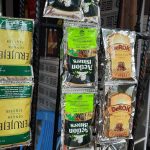


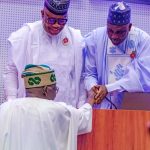


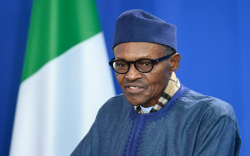





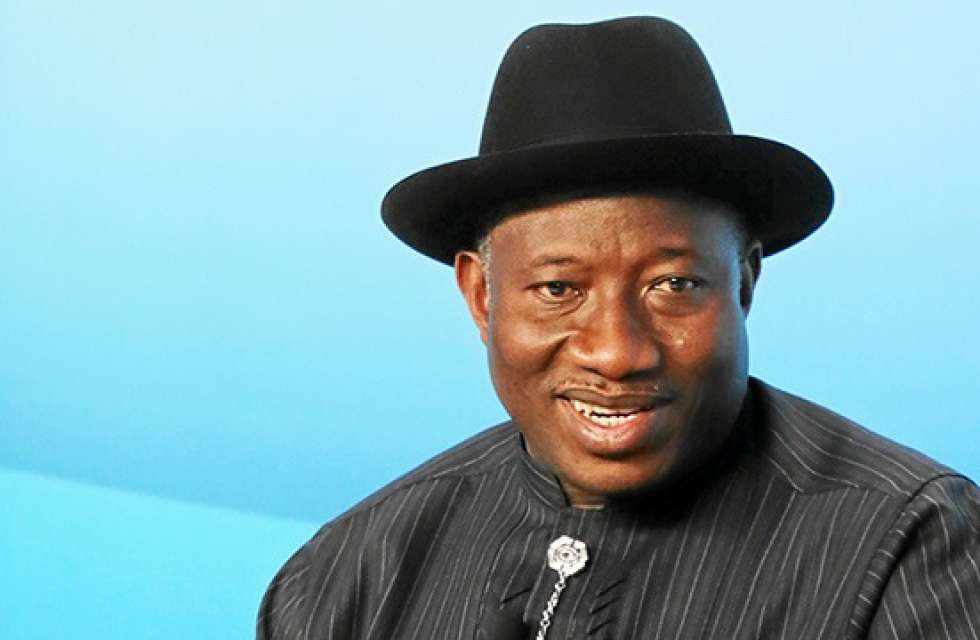
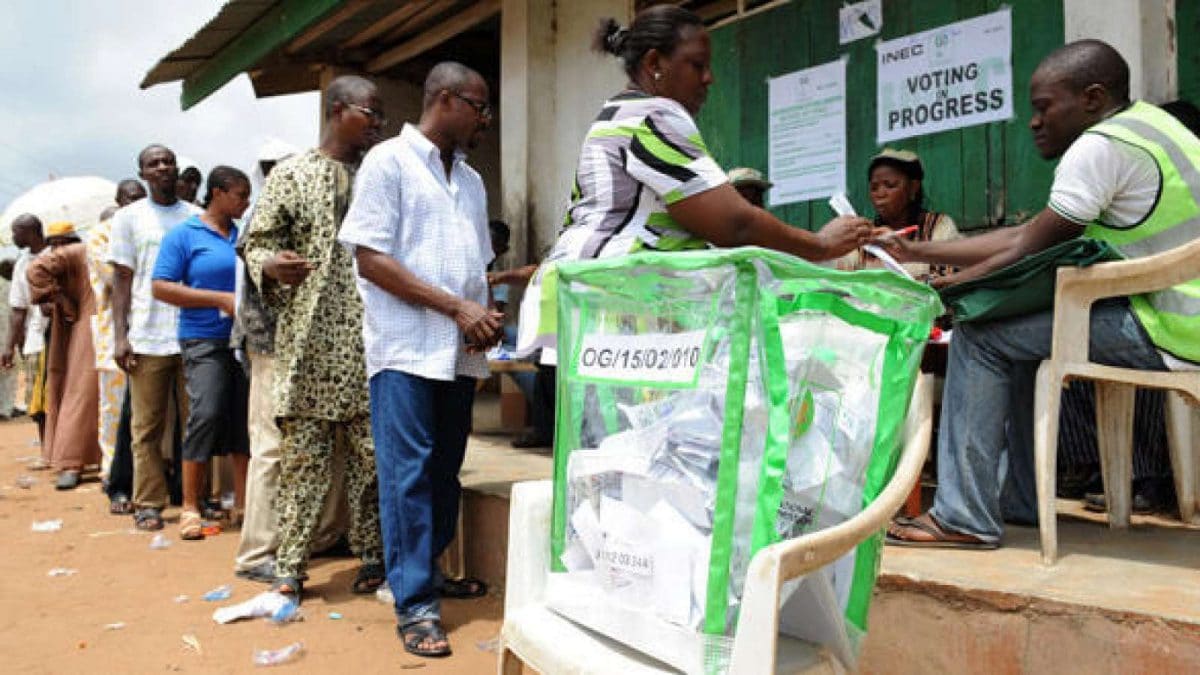
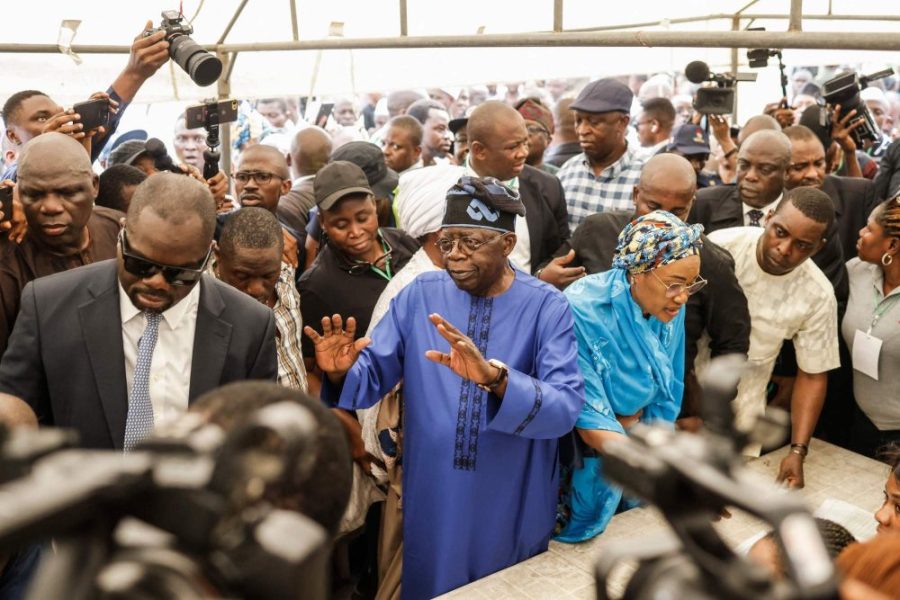
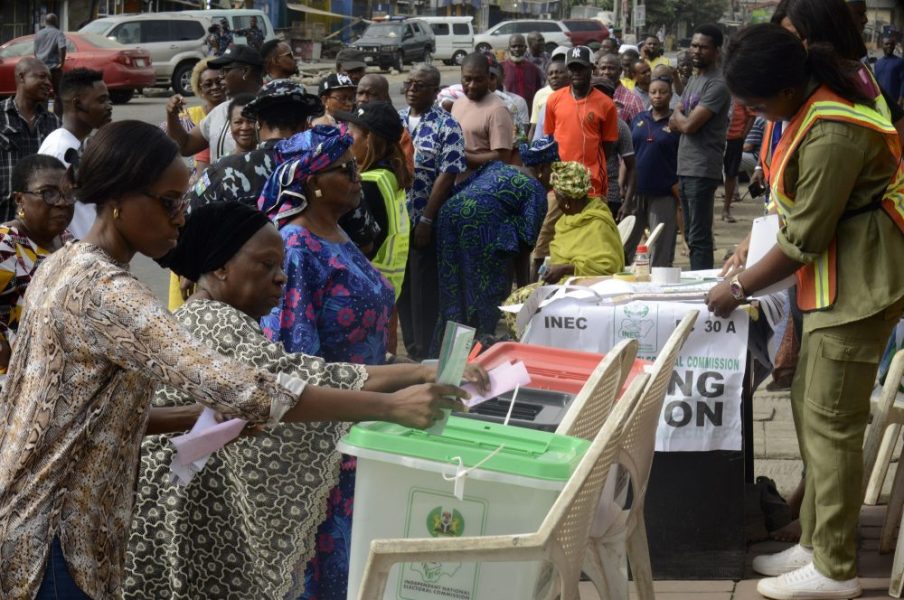
Leave a comment